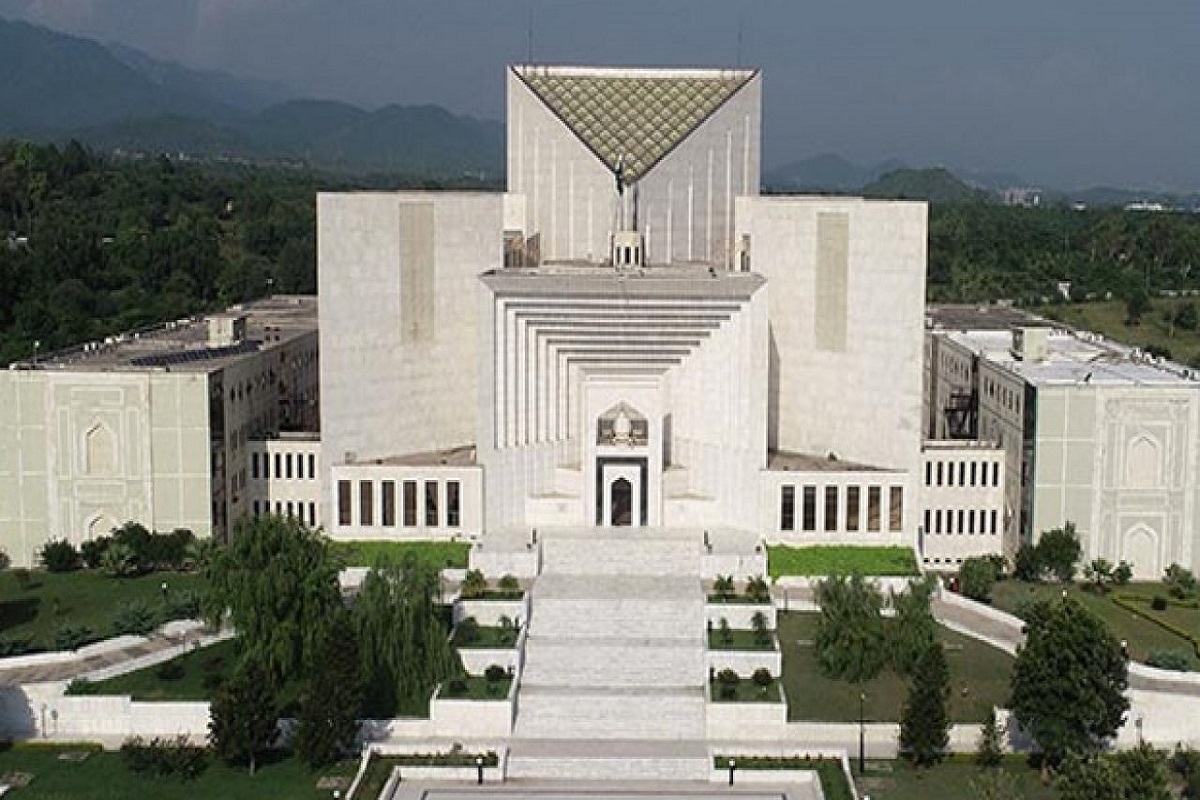ISLAMABAD: In a significant move, the Judicial Commission of Pakistan (JCP) on Monday approved nine judges for the constitutional benches of the Sindh High Court (SHC) with a majority vote of 11 to 4. The decision was made during the JCP’s third meeting under the 26th Constitutional Amendment, chaired by Chief Justice of Pakistan (CJP) Yahya Afridi at the Supreme Court in Islamabad.
The meeting focused solely on forming constitutional benches within the SHC. According to a statement from the Supreme Court, after extensive deliberations, the commission approved the judges’ appointments for a two-month period.
SHC Justice Muhammad Karim Khan Agha was appointed as the head of the constitutional benches and chairperson of a three-member constitutional committee tasked with forming the benches.
However, the decision faced opposition from SC senior puisne judge Justice Mansoor Ali Shah, Justice Munib Akhtar, and SHC Chief Justice Muhammad Shafi Siddiqui. Notably, CJP Afridi abstained from voting.
The approved judges include Justice Muhammad Saleem Jessar, Justice Omar Sial, Justice Yousuf Ali Sayeed, Justice Abdul Mobeen Lakho, Justice Zulfiqar Ali Sangi, Justice Sana Akram Minhas, Justice Khadim Hussain Soomro, Justice Arbab Ali Hakro, and Justice KK Agha.
Earlier this month, the JCP had formed a seven-member constitutional bench under Justice Amin-ud-Din Khan through a 7-5 split decision. That bench comprised judges from all provinces: Justice Amin-ud-Din and Justice Ayesha Malik from Punjab, Justice Muhammad Ali Mazhar and Justice Hassan Azhar Rizvi from Sindh, Justice Jamal Khan Mandokhail and Justice Naeem Akhtar Afghan from Balochistan, and Justice Musarrat Hilali from Khyber Pakhtunkhwa.
The meeting was attended by senior members of the judiciary, lawmakers, and representatives of the Pakistan Bar Council. At the outset, Opposition Leader in the National Assembly Omar Ayub raised concerns over the absence of a member, questioning the quorum. However, the commission resolved the matter by majority vote, allowing proceedings to continue.
The JCP also discussed establishing a dedicated secretariat to streamline its functions. After detailed discussions, the commission authorized the CJP to move forward with drafting rules and setting up the secretariat.
The Judicial Commission is responsible for appointing judges to the Supreme Court, high courts, and the Federal Shariat Court (FSC).
















